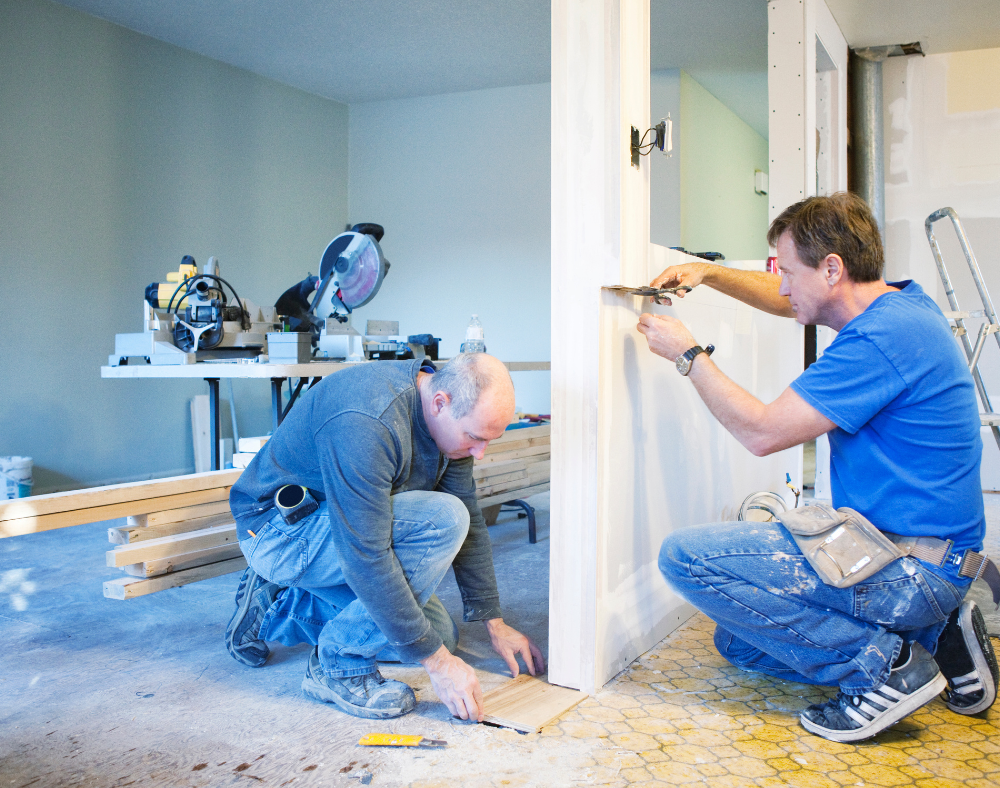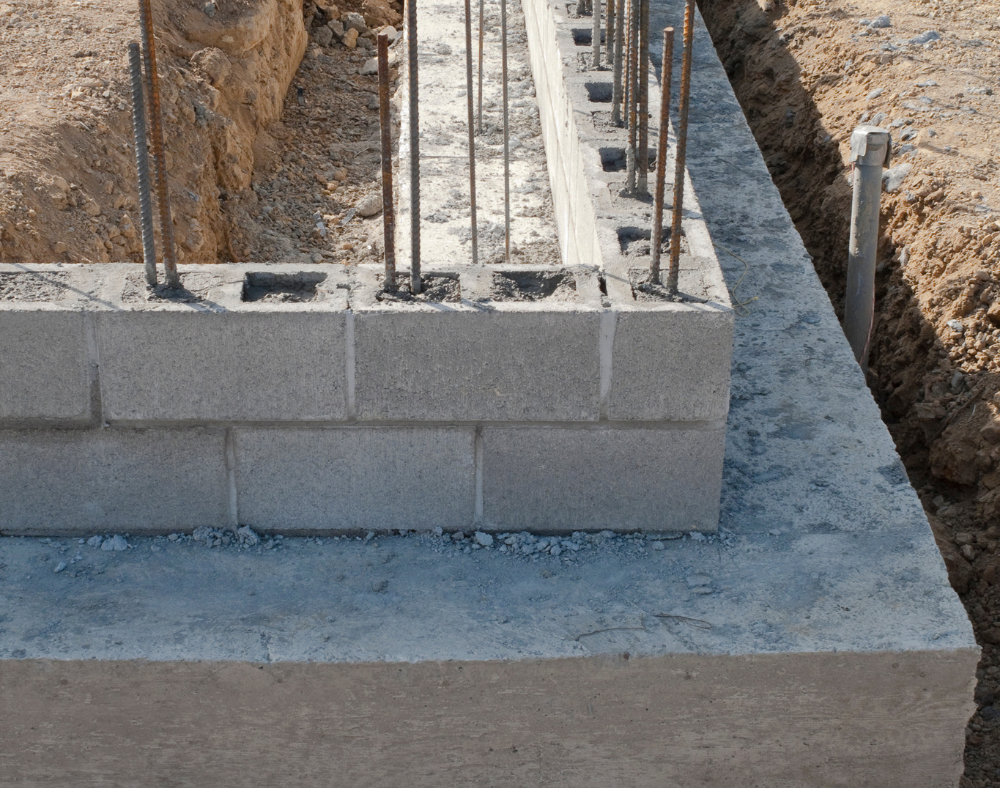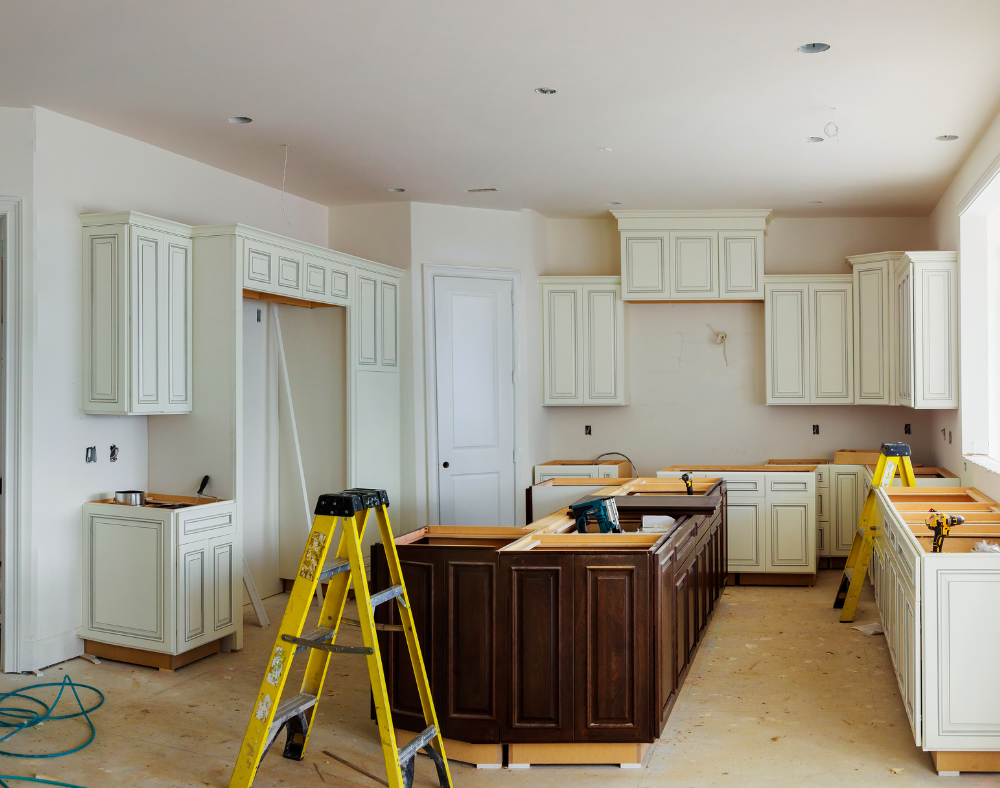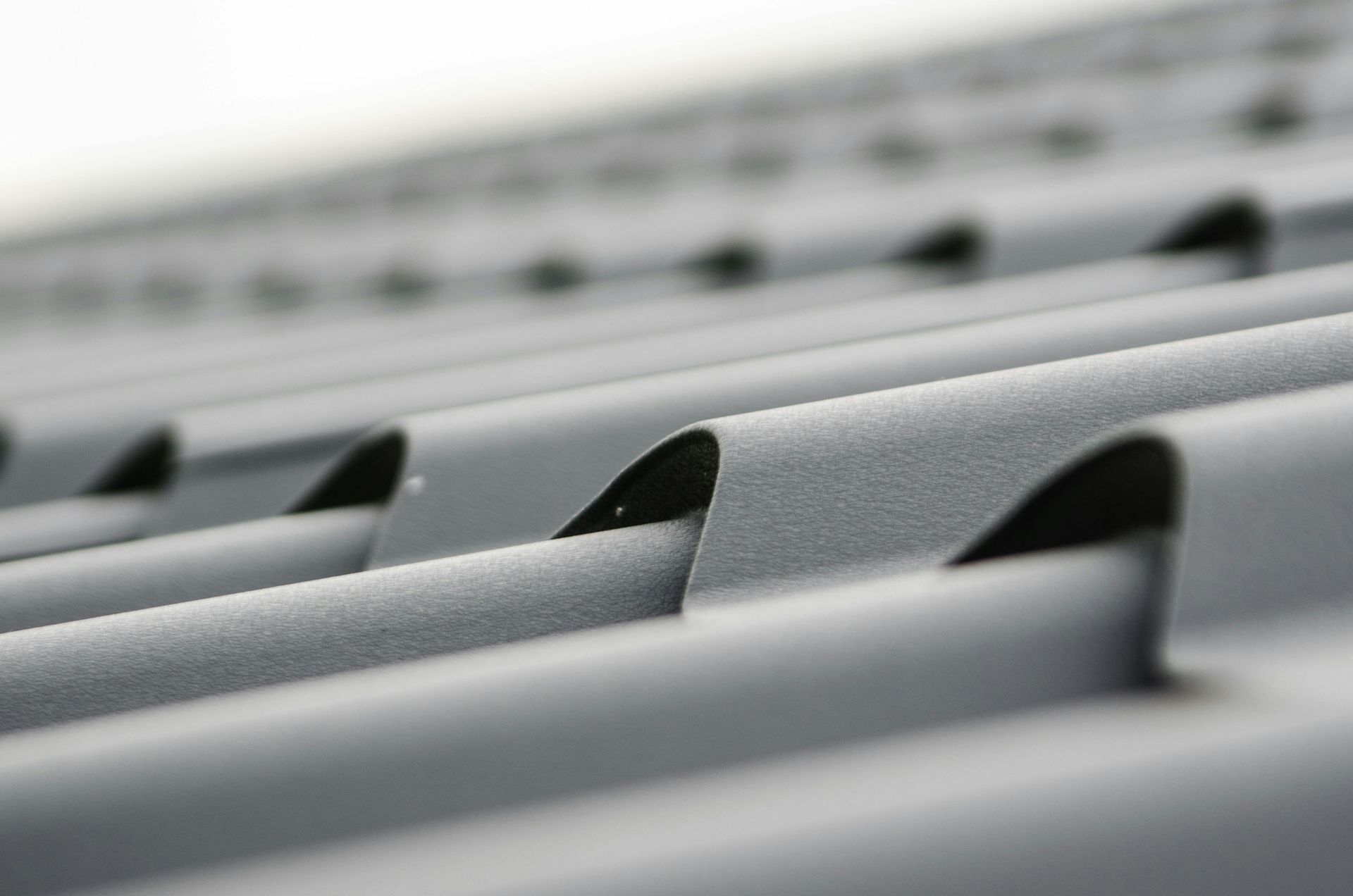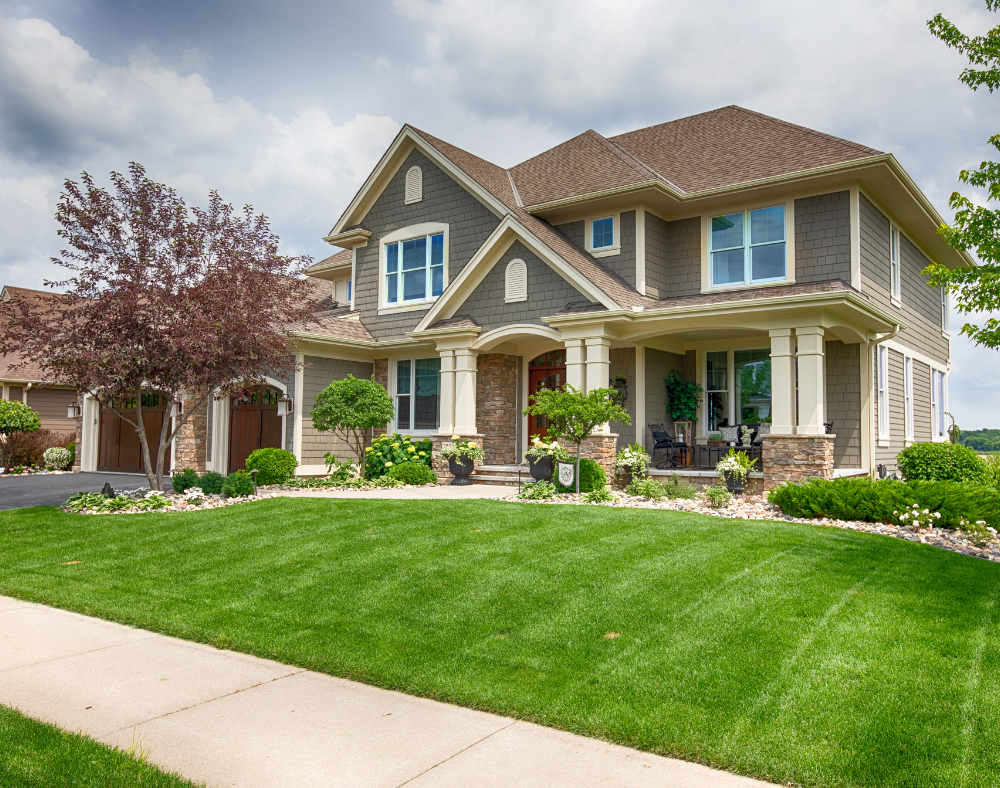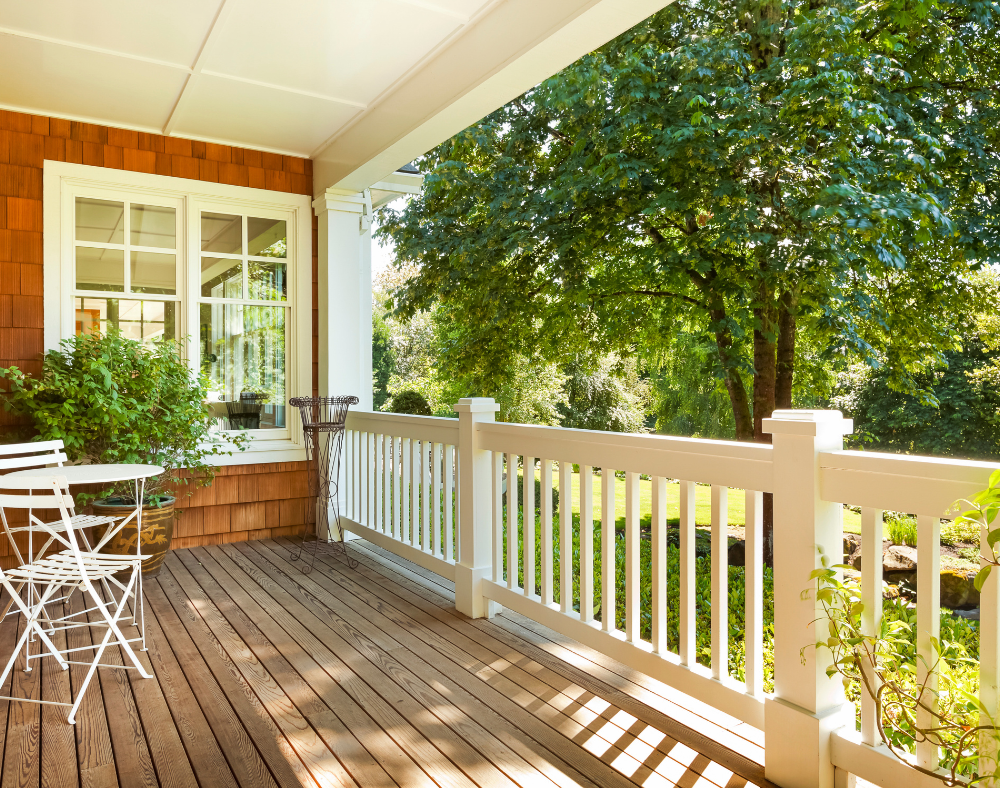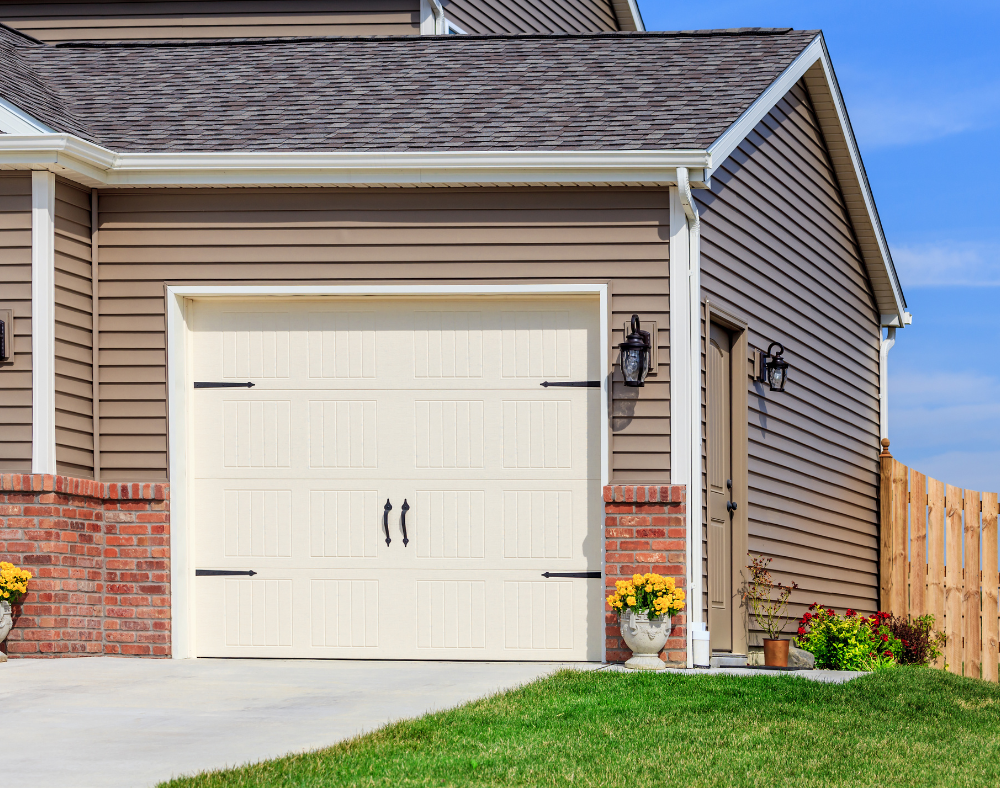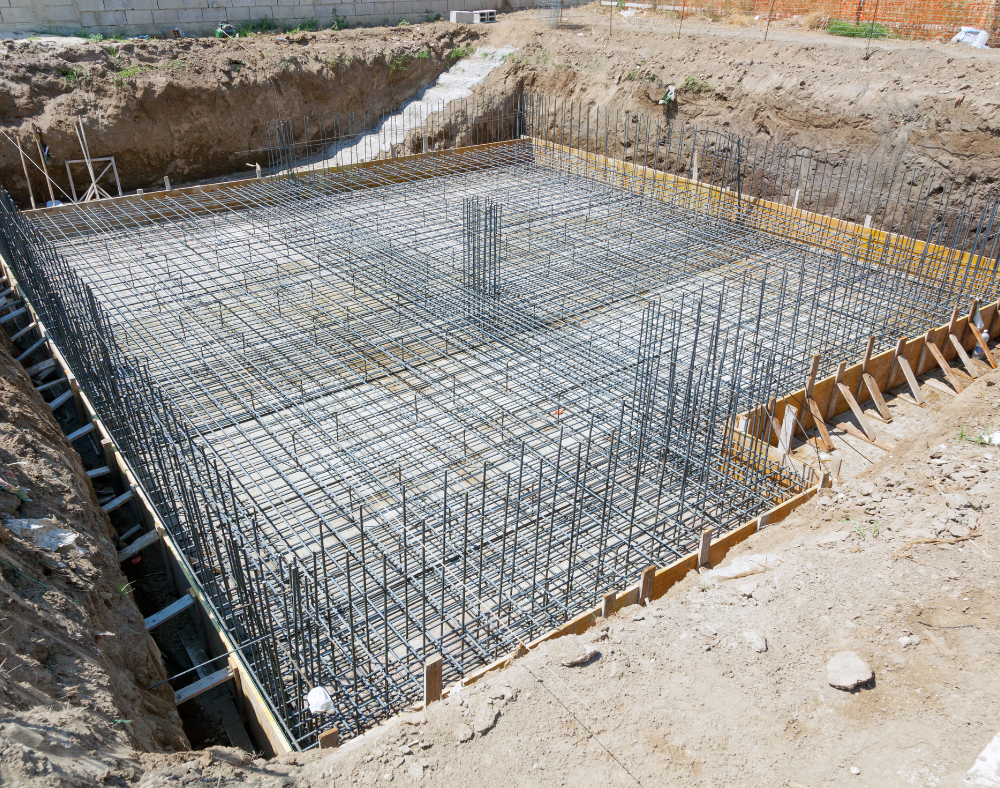Essential Insights for Your Next Construction Project

When embarking on a custom home build or an outdoor renovation project, one of the most crucial steps is selecting the right materials. Your choice of outdoor building materials not only affects the aesthetics of your home but also impacts durability, maintenance, and long-term value. At the same time, finding the right custom home builder is equally important to ensure your vision is brought to life. In this guide, we’ll explore the basics of outdoor building materials and outline the critical questions to ask a potential custom home builder.
Understanding Outdoor Building Materials
Whether you’re building a deck, patio, or entire home exterior, understanding the pros and cons of different materials is vital. The right materials can withstand the elements, enhance curb appeal, and reduce the need for frequent maintenance.
Here’s a breakdown of the most common outdoor building materials:
1. Wood
- Advantages: Wood is a popular choice for decks, fences, and pergolas. It’s easy to work with, natural-looking, and versatile. Options like cedar, redwood, and pressure-treated lumber are commonly used for outdoor construction.
- Disadvantages: Wood can be prone to rot, warping, and insect damage if not properly maintained. Regular sealing and staining are necessary to preserve its longevity.
- Tip: Cedar and redwood are naturally resistant to insects and decay, making them a better option for long-lasting results.

2. Concrete
- Advantages: Concrete is durable, low-maintenance, and affordable. It’s often used for patios, driveways, and sidewalks. With modern innovations, you can opt for stamped or colored concrete to mimic the appearance of more expensive materials like stone or brick.
- Disadvantages: Concrete can crack over time due to temperature fluctuations. Proper installation and regular sealing are required to prevent damage.
- Resource: Learn more about concrete finishing options from Concrete Network.

3. Stone
- Advantages: Natural stone like granite, limestone, and slate is prized for its timeless beauty and durability. It’s often used for pathways, retaining walls, and outdoor fireplaces.
- Disadvantages: Stone can be expensive and heavy, requiring skilled labor for installation. It also needs periodic maintenance to keep its appearance intact.
- Tip: Consider using manufactured stone veneers for a budget-friendly alternative that mimics natural stone.

4. Brick
- Advantages: Brick is known for its classic appearance and strength. It’s often used in the construction of outdoor walls, patios, and fireplaces. Bricks are fire-resistant and retain their color over time.
- Disadvantages: Brick can be labor-intensive to install and may be prone to cracking in freeze-thaw climates.
- Resource: For more on brick masonry, visit Home Advisor’s Guide.

5. Vinyl and Composite Materials
- Advantages: Vinyl and composite materials are popular for fencing, decking, and siding because they require minimal maintenance. They are resistant to rot, insects, and UV damage.
- Disadvantages: These materials can be more expensive upfront and may lack the natural appeal of wood or stone.
- Resource: Find more about composite decking at Trex, a leading brand in composite materials.

6. Steel and Metal
- Advantages: Metal roofing, siding, and fencing are incredibly durable and resistant to weather damage. They offer a sleek, modern appearance and can last for decades with minimal upkeep.
- Disadvantages: Metal can be noisy in the rain and may corrode if not treated correctly. Proper installation is critical to avoid these issues.
- Resource: Check out MBCI to explore the benefits of metal construction materials.

What to Ask a Potential Custom Home Builder
Once you’ve selected your materials, the next step is choosing the right builder. Hiring a custom home builder is a significant decision that can determine the success of your project. Here are key questions to ask when interviewing potential builders:

1. Can You Provide References and Examples of Past Projects?
- Seeing examples of previous work is one of the best ways to gauge the quality of a builder’s craftsmanship. Ask for a portfolio of completed homes and outdoor projects that match your vision.
- Tip: Look for reviews on platforms like Houzz and Angie’s List to hear from past clients.
2. What’s Your Experience With the Materials I’ve Chosen?
- Not all builders are experienced in working with every material. Ensure your builder has a solid track record with the materials you’ve selected, whether it’s wood, stone, or composite decking.
- Resource: This Old House offers valuable advice on selecting a builder experienced in specialized materials.
3. What Is Your Process for Handling Permits and Inspections?
- Building a custom home or undertaking a significant outdoor project often requires permits and inspections. Confirm that your builder is knowledgeable about local codes and can handle the paperwork on your behalf.
- Tip: Learn more about building permits and the importance of inspections from The Spruce.
4. What’s the Timeline for My Project?
- Custom home builds and large-scale outdoor projects can take months to complete. Ask for a clear timeline, including when the project will start, the milestones, and expected completion.
- Tip: Ensure the timeline accounts for possible delays due to weather, permits, or supply issues.
5. How Do You Handle Changes or Unforeseen Challenges During the Build?
- Building projects often encounter unexpected issues. Ask your builder how they handle changes, additional costs, and delays. A good builder will be transparent about costs and flexible in adjusting to unforeseen circumstances.
- Resource: Explore Contractor Magazine for insights on managing construction challenges.
6. What Warranties Do You Offer?
- Warranties protect your investment and provide peace of mind. Ask your builder what type of warranty they offer on labor and materials. Ideally, warranties should cover both structural elements and aesthetic finishes.
- Tip: Research industry standards for warranties on NewHomeSource.

Conclusion
Whether you’re building a custom home or embarking on a large-scale outdoor renovation, choosing the right materials and builder is essential. Wood, stone, concrete, and composite materials all have their strengths and weaknesses, but selecting the right one depends on your project’s goals, location, and budget. Additionally, finding a builder who understands your vision, communicates clearly, and has the experience necessary to bring your project to life is just as crucial.
By asking the right questions and doing your research, you can ensure your dream home or outdoor space is built to last and looks amazing for years to come.
Additional Resources:
- Concrete Network – Stamped Concrete
- Trex – Composite Decking
- Home Advisor’s Guide to Brick Masonry
- Houzz – Find Custom Home Builders
- This Old House – Choosing a Custom Home Builder
- The Spruce – Importance of Building Permits
